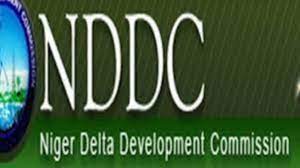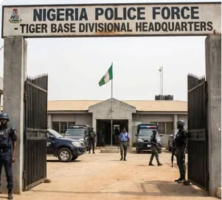Niger Delta Development Commission, NDDC, has signed a Performance Bond with Ministry of Niger Delta Development as part of its commitment to achieving the objectives of President Bola Tinubu administration’s renewed hope agenda.
Minister of Niger Delta Development, Engr. Abubakar Momoh, supervised the signing ceremony during a two-day NDDC board and management retreat in Ikot Ekpene, Akwa Ibom State.
Chairman of NDDC Governing Board, Mr. Chiedu Ebie, Managing Director, Dr. Samuel Ogbuku and the Executive Directors signed on behalf of the NDDC.
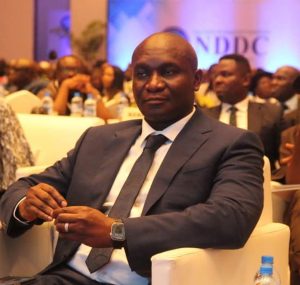
The Minister mandated the NDDC to review and update the Niger Delta Regional Developmental Master Plan, noting that it was a crucial framework for guiding and implementing development initiatives in the Niger Delta, as there can be no sustainable development without developmental plans.
Momoh challenged the NDDC board and management to change the narrative around the Commission, stating that President Tinubu’s administration had established a template to measure performance of all agencies of government.
He said that the performance bond signed by the NDDC board and management had deliverables that were associated with the eight presidential priorities of the Federal Government.
The Minister charged the Board to focus on completing ongoing projects across the nine states of the Niger Delta region.
He also urged the board to offset the commission’s debt to its contractors, especially the local contractors, whose bills were less than N30 million.
READ ALSO: HEDA seeks to jail American Tower’s Nigeria CEO for contempt
A communique at the end of the NDDC Board and Management Retreat underlined the need for strategic communication of the value added by the NDDC to its stakeholders, to change the negative perception about the commission.
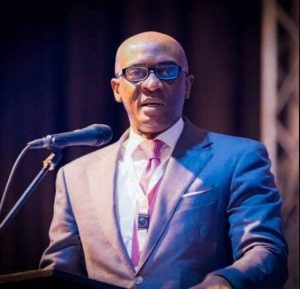
It stated that the retreat had set a strategic direction for the NDDC governing board and inspired the desire to consolidate Mr. President’s renewed hope agenda within the Niger Delta region.
Participants commended the NDDC board and management for the full-scale engagement of key stakeholders that the retreat presented, adding that this was the first-time former Chairmen and Managing Directors of the commission were invited to be part of the commission’s board and management retreat.
The communique said: “The frequent changes in the governing board of the commission have largely accounted for the challenges in project execution and delivery in the development of the region.
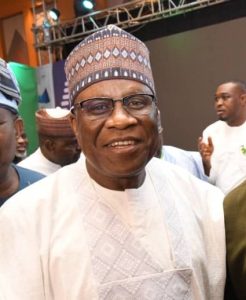
“Thus, the Federal Government should ensure that the current Board completes its tenure and that there is continuity in succeeding boards to ensure sustainability of the commission’s projects.”
“From the presentations, group discussions at the conference, it was agreed that there should be “proper synergy, collaboration and coordinating framework between the Ministry of Niger Delta Development, state governments in the regions, the NDDC and development partners.
READ ALSO:We’re determined to achieve food sufficiency -President Tinubu
“Procurement is at the heart of governance and one of the government activities most vulnerable to corruption.
“Therefore, the board and management of the NDDC must effectively discharge their responsibility to manage the procurement process involving all stakeholders, without sacrificing the core objectives as provided under the Procurement Act.”
The participants stressed the need for the urgent release of all outstanding statutory contributions of the Federal Government to the NDDC fund, as the non-release of these funds has significantly hampered the ability of the Commission to deliver on its mandate.
They observed that the peculiar construction window of the Niger Delta region made it imperative for the NDDC to get some form of financial autonomy outside the Treasury Single Account, TSA, regime.
This is as part of the process of getting the Commission take advantage of traditional credit sources in completing its projects and deliver real impact and sustainable development to the long suffering people of the region.
It was further resolved that the commission should establish clear, measurable, achievable, relevant and time bound, SMART, goals that the commission will demonstrably commit to and deliver upon, fostering increased public trust,
It added: “There is need for the development of key governance policies and procedures to promote clarity of roles and minimize discord on the board, as well as defined reporting framework covering key stakeholders and transparency.”



